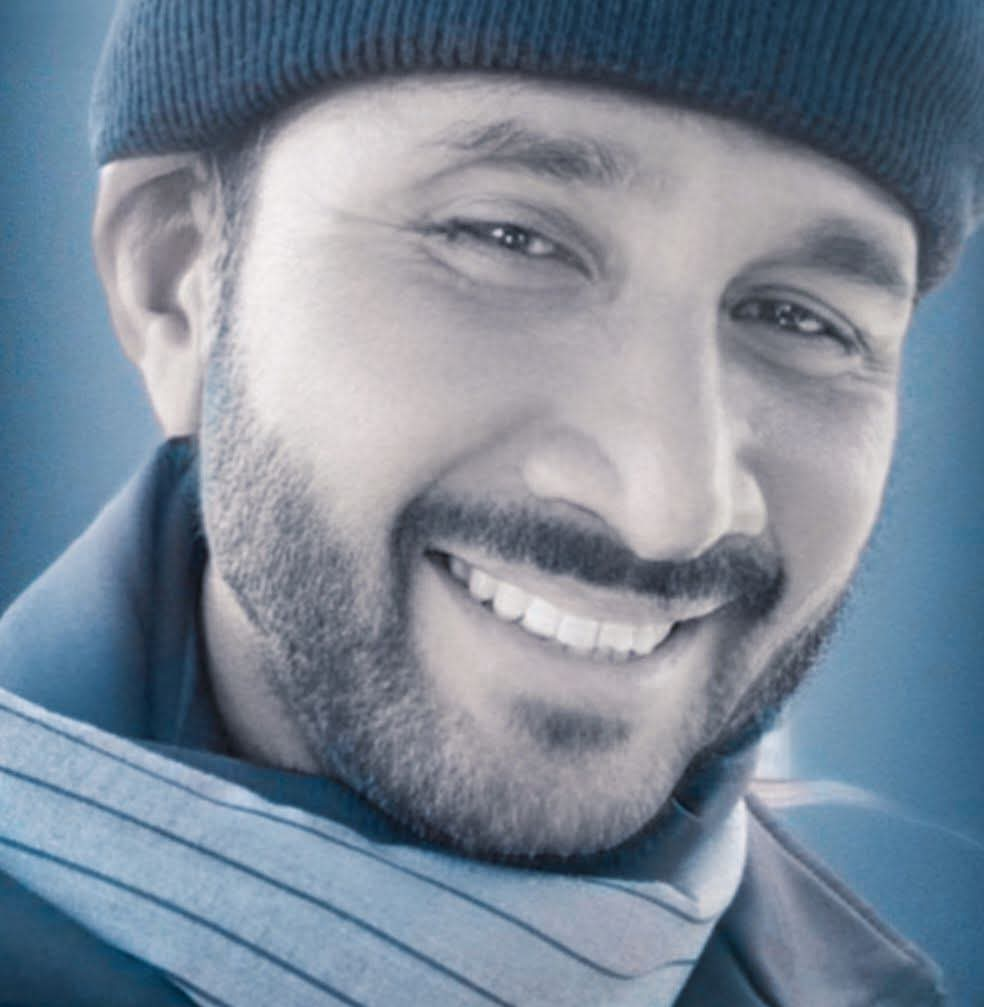
Freedom
A word
Who has all the meaning of…
This is happiness
This is harmony
This is respect
But what we do
Humans are killing humans
Humans are manipulating humans
Freedom ,
A game between two birds without wings
Freedom,
A hope inside two hungry stomachs …
Freedom,
Elefteria
A sun waiting to rise…..
In our days
In our century
We are in need of second educational system
Re write new words
Or learn the meaning of the old one
EVA Petropoulou Lianou “Freedom”

Two Wingless Birds: A Poetic Interpretation of Eva Petropoulou Lianou’s Poem
By: Rizal Tanjung
A Word Too Vast to Define
The poem “Freedom” by the Greek poet Eva Petropoulou Lianou is a silent outcry from an age that has forgotten the meaning of words. She begins with an invocation that echoes like a bell in an empty temple:
> Freedom,
A word
Who has all the meaning of…
That word—Freedom—stands alone, like the sun in an impartial sky. It is not merely a word, but a mirror where humanity reflects both its longing and its sin. In her opening lines, Eva exposes the irony of modern civilization: how freedom has become a mantra endlessly repeated, yet rarely understood.
The word bears the weight of history: from Martin Luther King Jr.’s dream to Anne Frank’s whisper in darkness; from Lord Byron’s revolutionary heart in Greece to Mahsa Amini’s final breath on the streets of Tehran.
The word lives and dies in every generation.
Eva writes not with ink, but with the coagulating blood of the world’s moral conscience. In the simplicity of her verses, she unveils humanity’s absurdity:
> Humans are killing humans
Humans are manipulating humans
Freedom, once sacred, has become a tool.
Humans kill in its name, manipulate in its name, and oppress under the illusion of defending it. In Eva’s vision, freedom is no longer something we possess—it is something we have lost and are desperately trying to recover.
—
Two Wingless Birds: A Metaphor of Existential Loss
> Freedom,
A game between two birds without wings
This line is perhaps the beating heart of Eva’s entire poem. It condenses the tragedy of the modern human condition into a single haunting image.
Two birds without wings—creatures born to soar yet deprived of flight. They can still play, but never rise from the ground. They flap at empty air.
Here, Eva’s imagery resonates with Charles Baudelaire’s “L’Albatros,” where the poet likens himself and humanity to a majestic albatross whose wings are too large to walk the earth:
> “The Poet is like the prince of the clouds…
his wings prevent him from walking.”
But Eva inverts Baudelaire’s logic. The wings are not too large—they are gone.
We live in a world where even the air of freedom has been confiscated.
If Baudelaire mourned the poet’s inability to fly in a vulgar world, Eva mourns the modern soul that no longer remembers it once had wings.
—
Freedom as Hunger
> Freedom,
A hope inside two hungry stomachs…
This image is visceral—it pierces the most primitive depth of human existence.
Eva shifts the notion of freedom from the ideological to the biological.
For the hungry, freedom is not a concept; it is bread.
For two empty stomachs, freedom is not a political slogan; it is a single edible hope.
In this, Eva stands beside Pablo Neruda, who in his Canto General proclaimed that revolution is not about flags, but about bread on the table of the poor.
> “Bread is born of the earth, and freedom too.”
Eva and Neruda speak from two distant worlds—Greece and Latin America—yet they bleed from the same wound:
true freedom cannot flourish in a starving land.
Her lines echo Frantz Fanon’s philosophy, who saw liberation not only as decolonization of the mind, but as the emancipation of the body.
Eva reminds us that before humans can think freely, they must first be free from hunger—both the hunger of flesh and of meaning.
—
Elefteria — The Sun That Has Yet to Rise
> Freedom,
Elefteria
A sun waiting to rise…
“Elefteria” (ἐλευθερία) — the ancient Greek word for freedom — was once the heartbeat of Hellenic civilization.
For Greece, Elefteria was not only a word but a goddess, a spirit, a destiny. She was the light born from centuries of struggle against oppression.
But for Eva, Elefteria is no longer the radiant sun—it is a sun waiting to rise.
Freedom is not a memory of the past; it is a promise unfulfilled.
This metaphor recalls Rabindranath Tagore’s “Where the Mind is Without Fear”, where he envisioned freedom as a dawn of consciousness untainted by division and hate.
To Tagore, freedom is the light of awakening; to Eva, it is the light that has not yet broken through the mist of the world.
The phrase “waiting to rise” carries a wound that never heals—a Camusian absurdity reminiscent of The Myth of Sisyphus. Humanity pushes the boulder of freedom uphill, only for it to roll back again.
Freedom, like Sisyphus’s stone, is eternally pursued but never fully attained.
—
The Second Education: Relearning the Meaning of Old Words
> We are in need of second educational system
Re write new words
Or learn the meaning of the old one
Eva ends with a gentle yet piercing philosophical critique. She calls for a second education—not an institution, but an awakening.
We must learn again what words truly mean, for words have lost their souls.
“Freedom,” “Peace,” “Love”—today they are mere hollow syllables, traded in political speeches and advertisements.
Eva calls for a moral-linguistic revolution.
She implies that the crisis of modern humanity is not economic nor technological, but semantic—we have lost the meaning of the words we live by.
In this, she echoes Friedrich Nietzsche, who warned that “words are the tombs of experience.”
Eva urges us to open those tombs and resurrect the spirit within.
—
Between Eva and the World: Philosophies of Freedom
Through brevity and clarity, Eva’s poem blends Greek spirituality, modern social critique, and universal awareness. She stands among the great voices who have wrestled with the idea of freedom:
1. Walt Whitman – who saw freedom as cosmic self-celebration in Leaves of Grass.
Whitman sang: “I celebrate myself.”
Eva whispers: “But what we do — humans are killing humans.”
Whitman’s tone is ecstatic; Eva’s is elegiac.
2. Langston Hughes – who dreamed of freedom deferred.
Eva’s “sun waiting to rise” mirrors Hughes’s “dream deferred,” but on a global scale.
3. Paul Éluard – who repeated “Liberté” as an incantation of resistance.
Eva repeats “Freedom” as lamentation.
If Éluard wrote against Nazi tyranny, Eva writes against global amnesia.
4. Rumi – who taught that true freedom comes from shedding the self.
Eva, within the secular silence of modernity, echoes the same truth: we have lost our wings because we have lost our souls.
—
Freedom as a Mirror of the Self
Freedom is a prayer shaped like a wound. It does not preach—it grieves.
Eva Petropoulou Lianou is not a prophet but a companion in sorrow, weeping with us over a freedom that has become “a game between two birds without wings.”
Her poem reminds us that true freedom is not merely a right, but a moral consciousness—
a refusal to kill, to manipulate, to forget.
Freedom is not just the breaking of chains; it is the rediscovery of the wings once folded within the human heart.
And perhaps, as she writes,
> Freedom, Elefteria — a sun waiting to rise…
That sun will rise—
when we dare to relearn the meaning of the old words we have long betrayed.
—
Beneath the Shadow of the Unrisen Sun
Eva’s Freedom belongs to an age starving for meaning—starving for morality, starving for humanity.
Her work stands at the crossroads of poetry and philosophy, prayer and protest, beauty and wound.
She does not write to glorify freedom,
but to restore it—to place it back into the trembling hands of those who deserve it.
—
Are we truly free?
Or are we merely two wingless birds,
still playing within the cage of history,
awaiting the sunrise of Elefteria
within hearts that have forgotten how to fly?
West Sumatra, Indonesia, 2025.
Rizal Tanjung
Review
EVA Petropoulou Lianou’s poem
